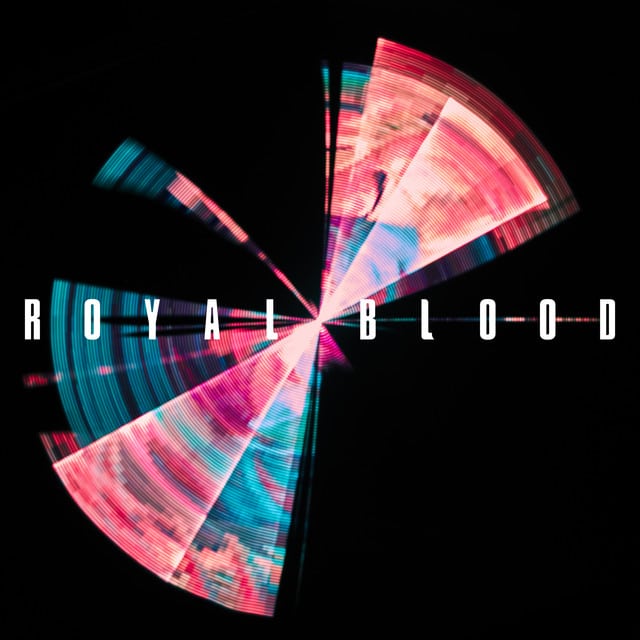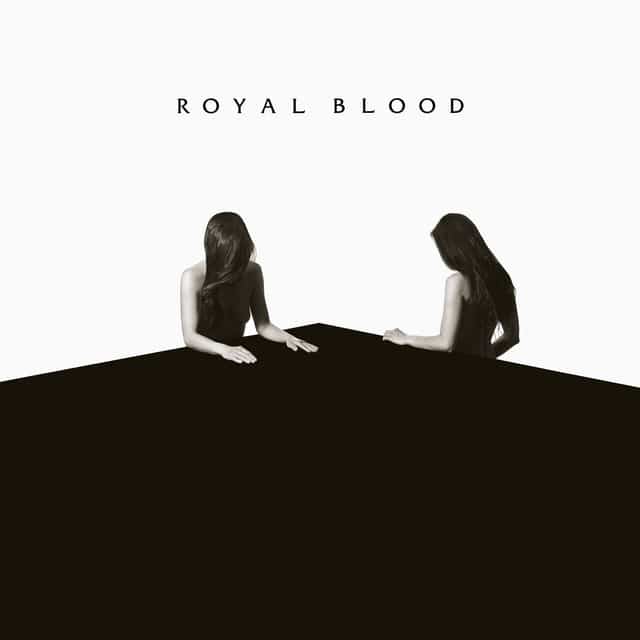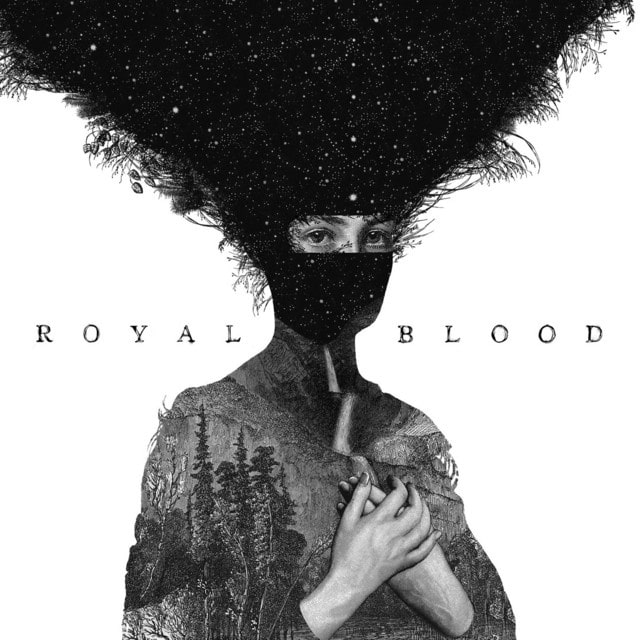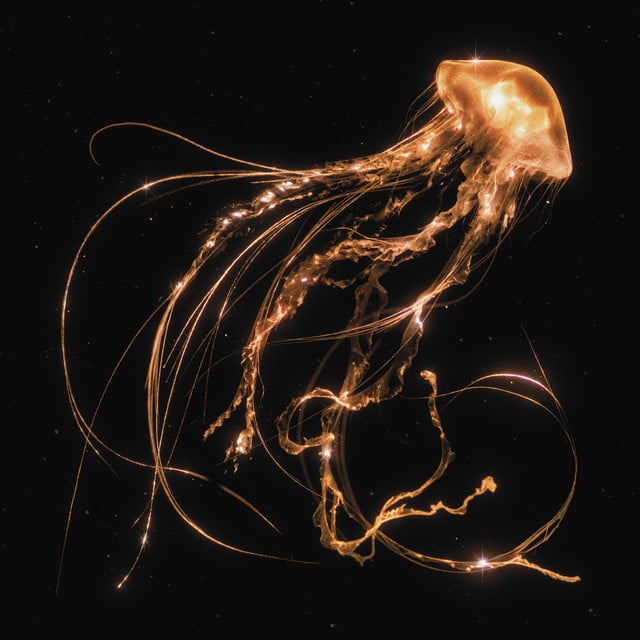Released: 2021
“Oblivion” by Royal Blood serves up a gritty confession of self-destruction paired with the cathartic release of finally letting go. The song interweaves themes of recklessness, the inevitability of consequences, and the desire for redemption or escape, all set against a backdrop of hard-hitting rock vibes. Royal Blood delves into the psyche of someone on the brink, walking a tightrope between chaos and clarity.
The opening lines, “Fire in my lungs, I’m spun / Walking on wire / In delirium, descending higher and higher,” paint a vivid image of someone caught in an intense, self-destructive spiral. The “fire in my lungs” suggests a painful, burning sensation, likely a metaphor for the consuming nature of addiction or a path of self-harm. The mention of walking on a wire in a state of delirium encapsulates the dangerous balance between control and complete downfall.
“Can’t live like this forever / Running out of lifelines / Going hell for leather for just one last ride,” speaks to the acknowledgment of an unsustainable lifestyle. The phrase “going hell for leather” is a British expression meaning moving recklessly fast, emphasizing the desperate intensification of their behaviors, knowing full well that the end is near—”just one last ride” implying a final act of defiance or indulgence.
The chorus, “Tonight I ain’t stopping for nothing / My devil is done, into oblivion (oblivion) / Yeah, I had it coming / Too close to the sun, into oblivion (oblivion),” illustrates a moment of both resignation and rebellion. The speaker acknowledges their role in their downfall—”My devil is done”—yet there’s a tone of acceptance, if not relief, in “into oblivion.” The reference to flying “too close to the sun” alludes to the Greek myth of Icarus, underscoring the dangers of overreaching or hubris, which in this context, might translate to excessive risk-taking without heed to warnings.
The verses that follow, “Visions of the future, crystal in sight / My personal apocalypse finally arrived,” signal a moment of clarity or precognition. The use of “crystal” could imply a clear, unobstructed view of the consequences of their actions, leading to their “personal apocalypse”—a powerful realization or reckoning with oneself.
As the song moves towards its close with repeated declarations of being “Too close to the sun, into oblivion,” and interspersed admissions of having “lost my way” and letting oneself “go to waste,” there’s a potent mix of regret and acceptance. The repetitive invocation of “oblivion” becomes a mantra, signifying not just the end, but perhaps freedom from the torment, making “Oblivion” a masterclass in rock catharsis.
Overall, “Oblivion” by Royal Blood is a raw and unflinching look at the endgame of self-destruction, capturing the tumultuous journey of falling apart and the stark, sometimes bleak realization that comes with it. It’s a powerful narrative set to an equally powerful rock soundscape, making it resonate with anyone who’s ever danced too close to their own edge.








